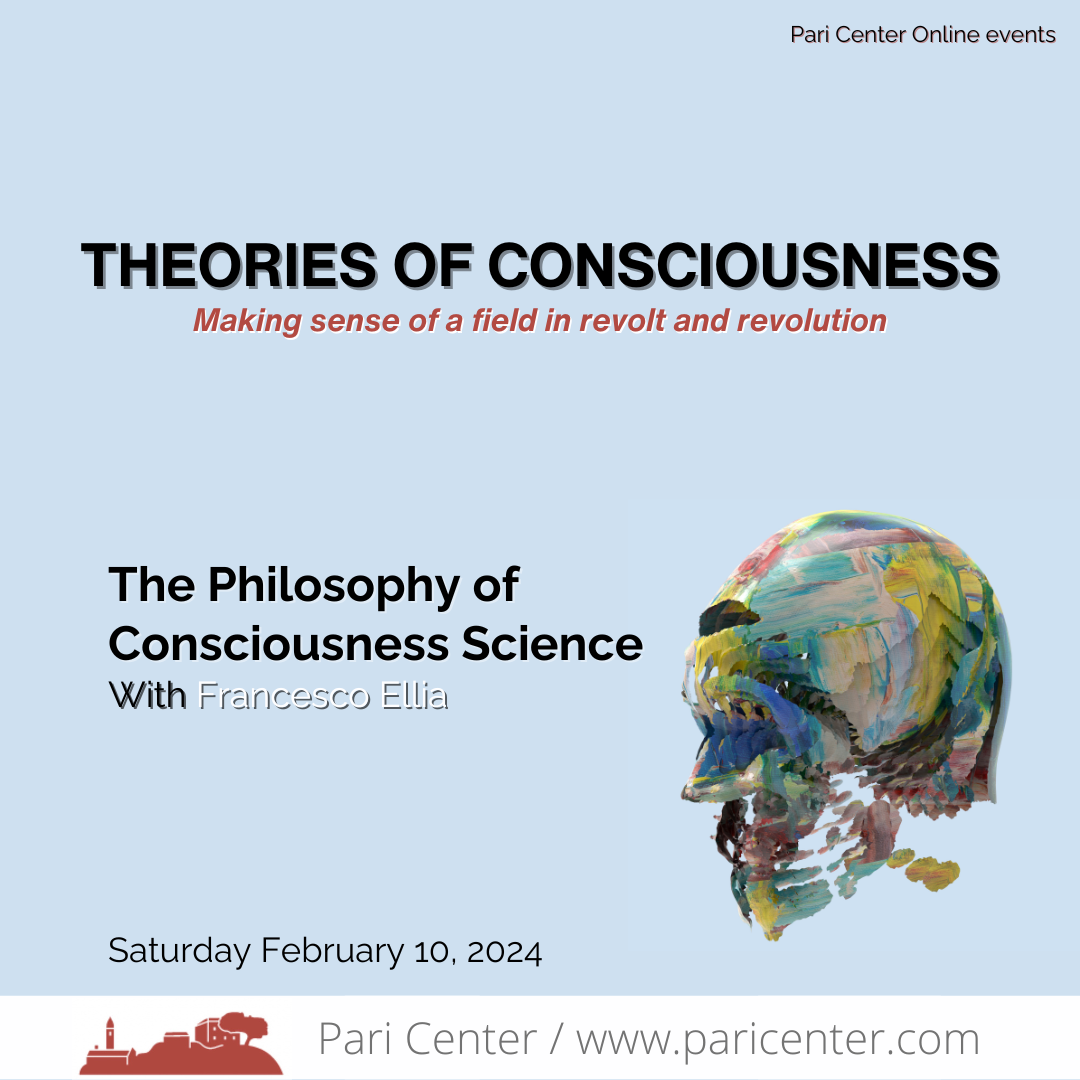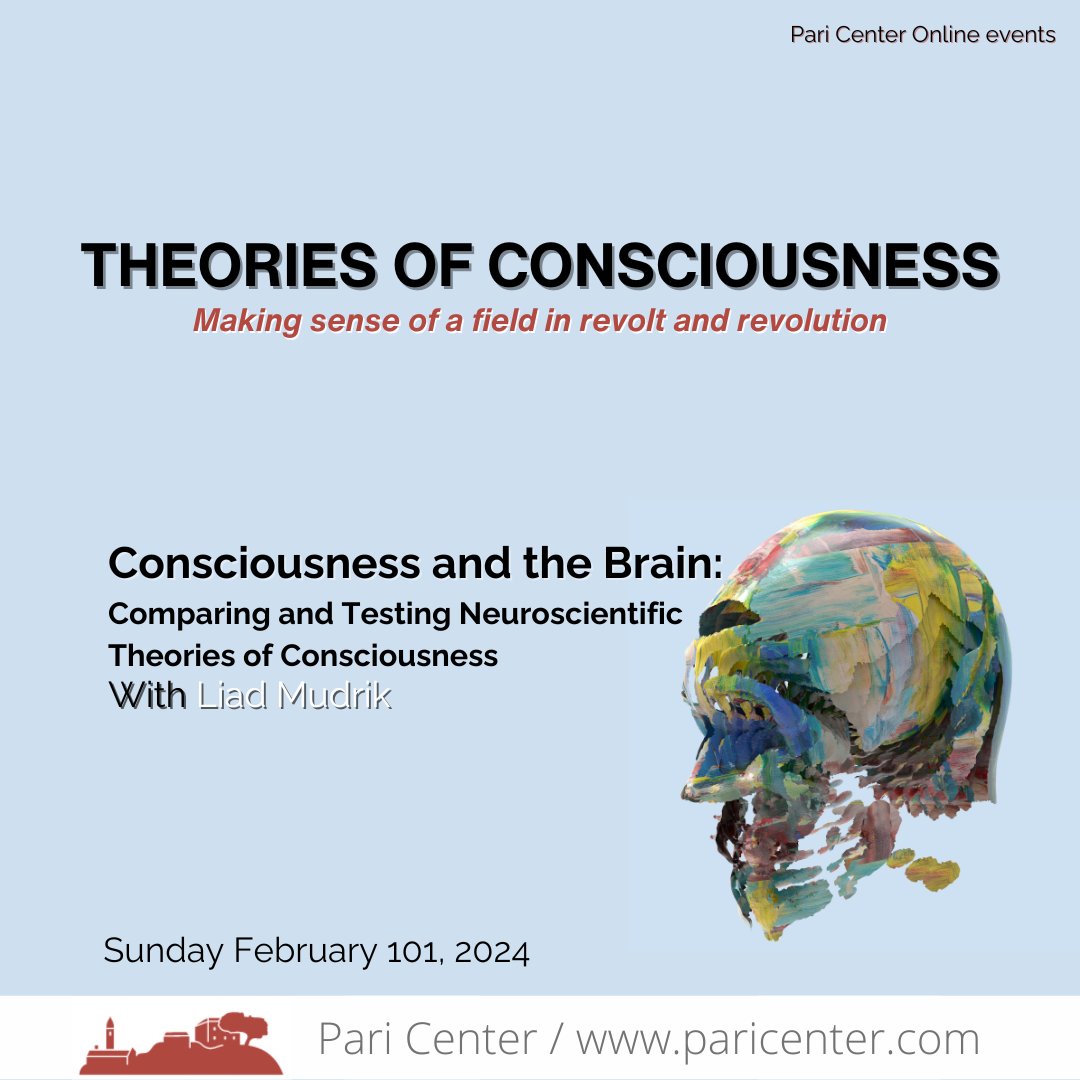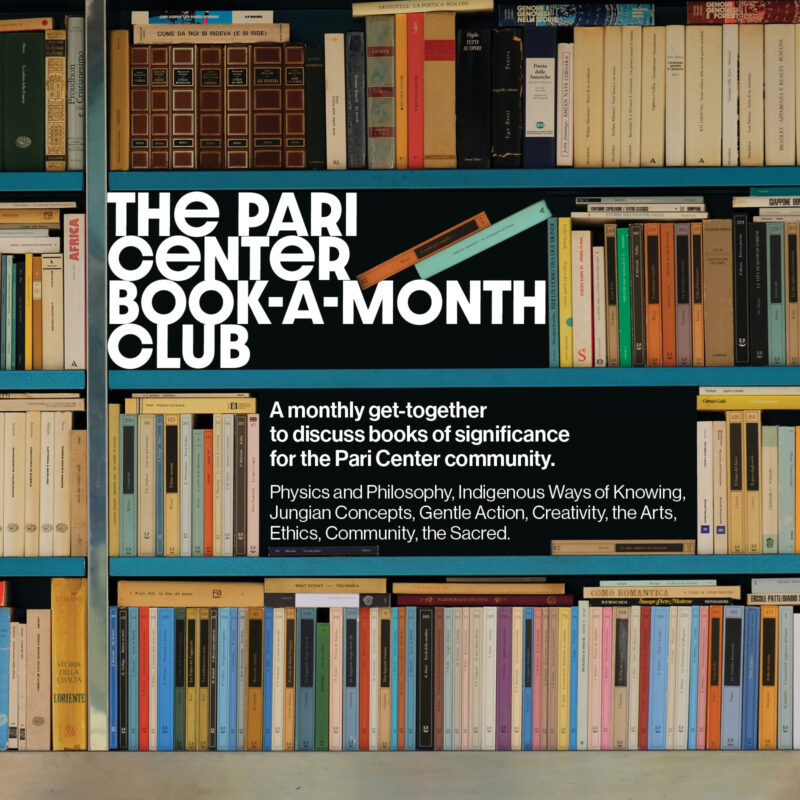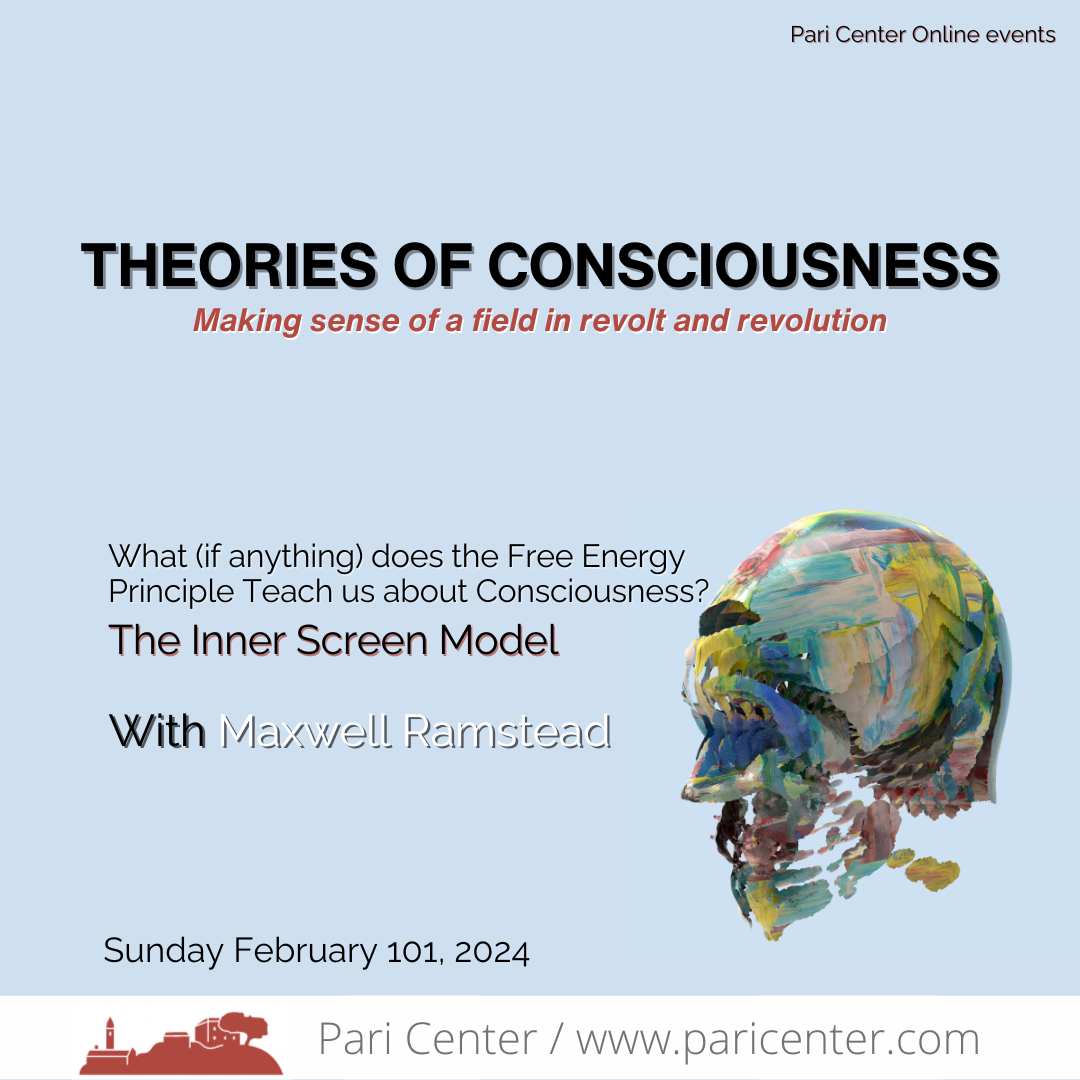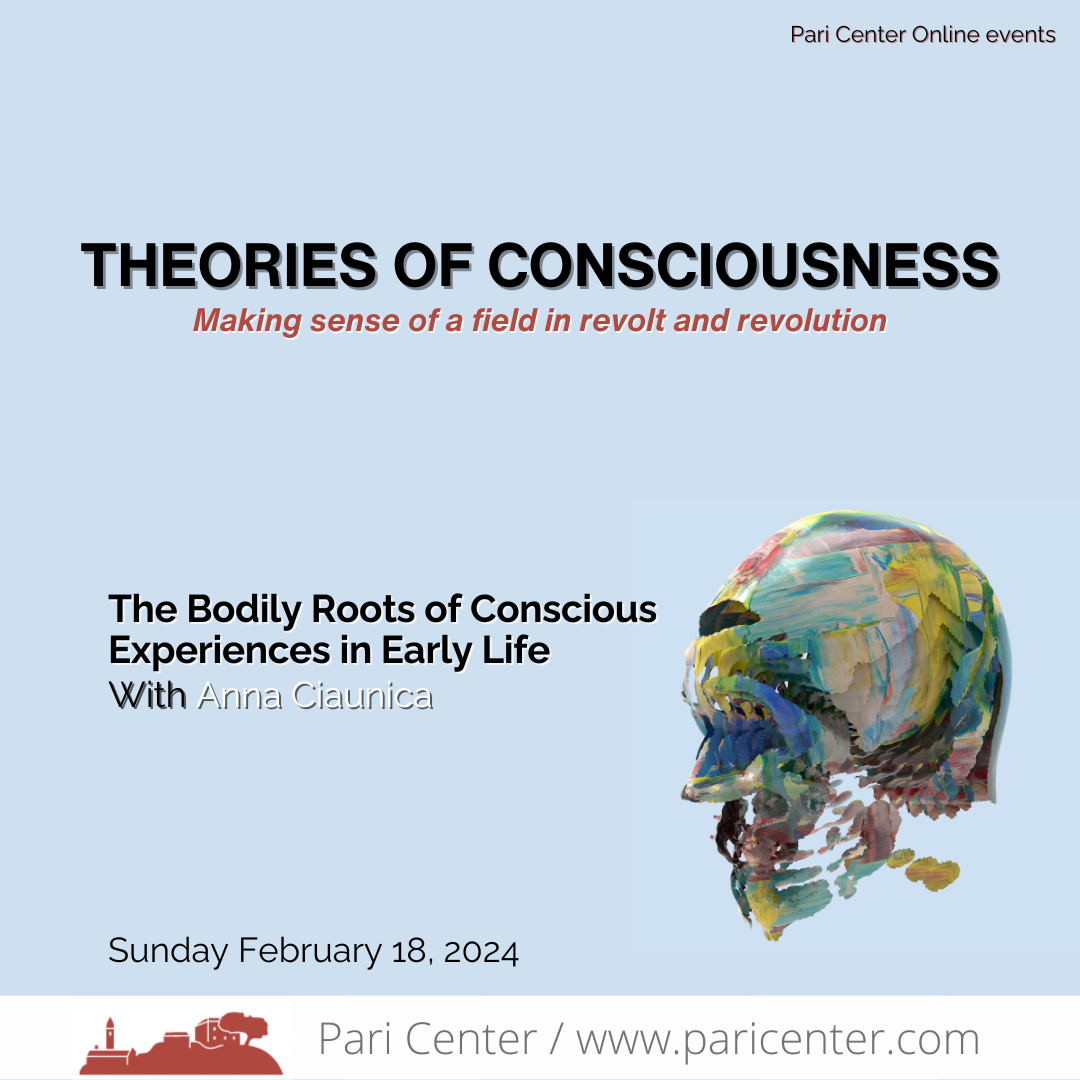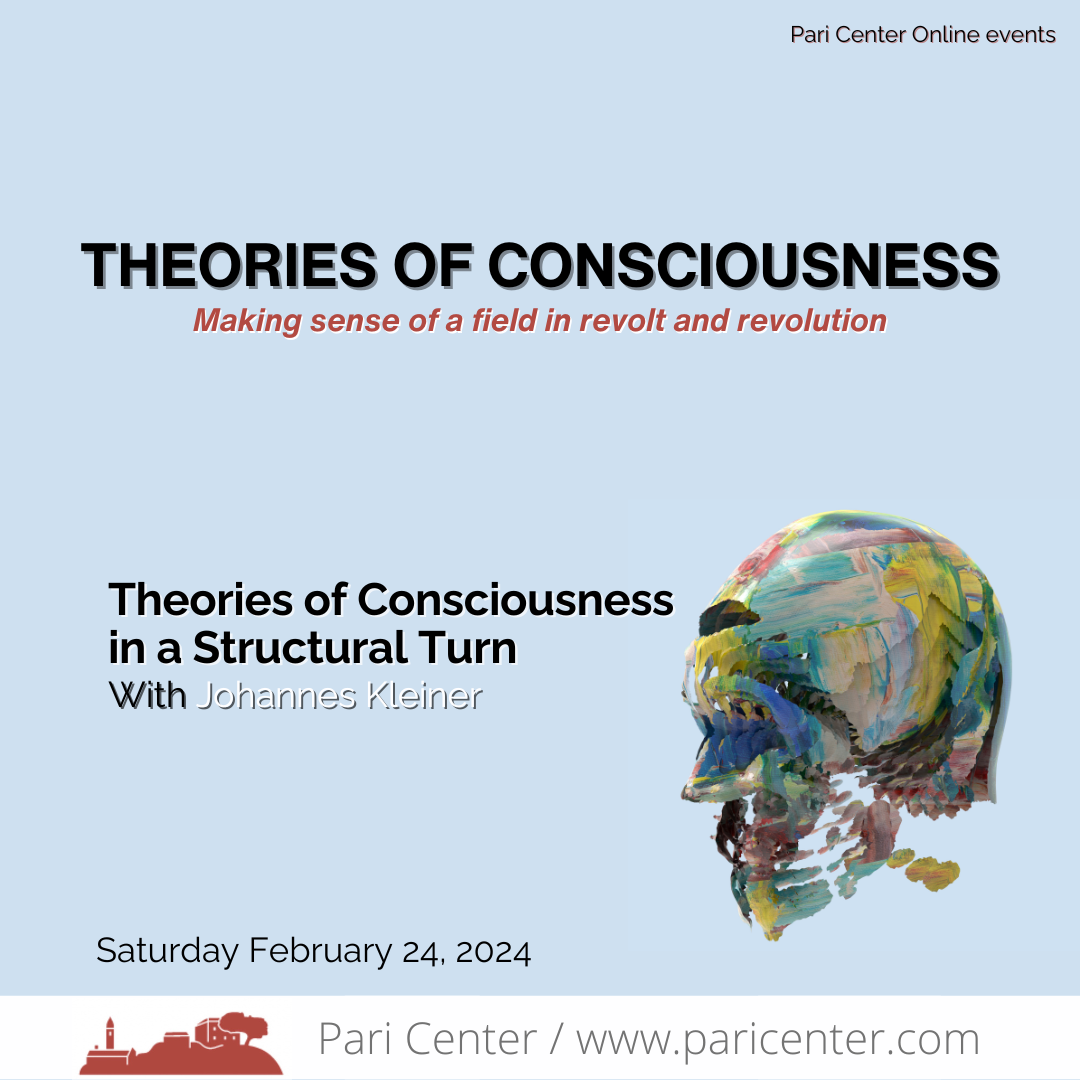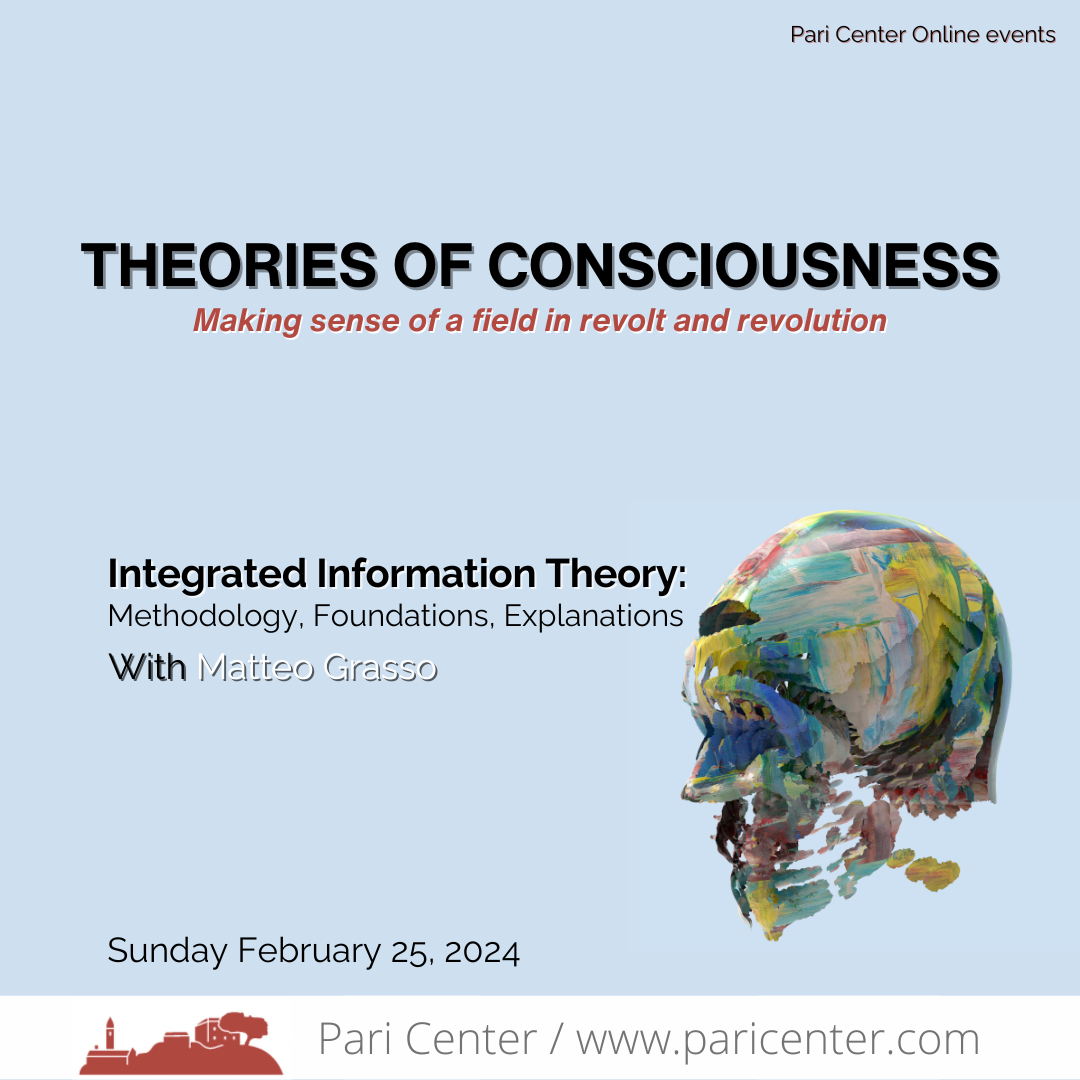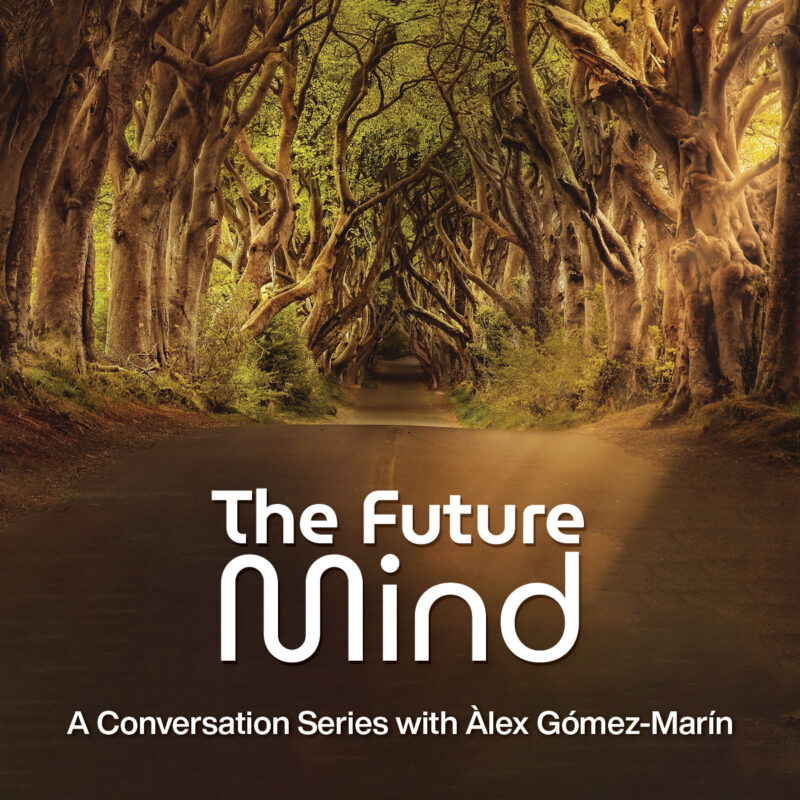Your cart is currently empty!
The Philosophy of Consciousness Science
In his seminal 1884 observation, Thomas Huxley likened the enigma of consciousness and its relation to nervous tissue to the inexplicable emergence of a djinn from Aladdin’s magic lamp. This metaphor strikingly encapsulates the persistent complexity of what is now known as the mind-body problem. Despite the exponential growth in our scientific understanding, particularly of the brain, we find ourselves scarcely closer to unraveling this mystery than in Huxley’s time.

